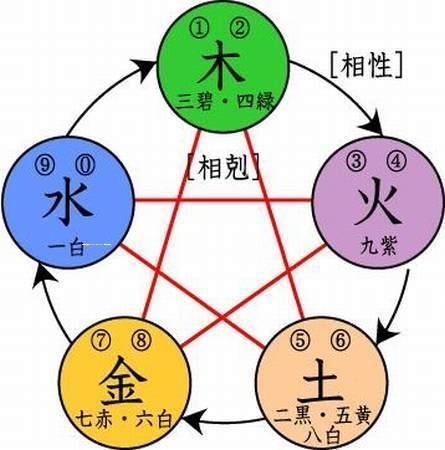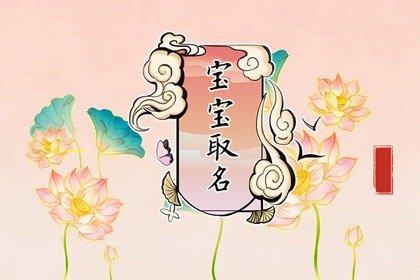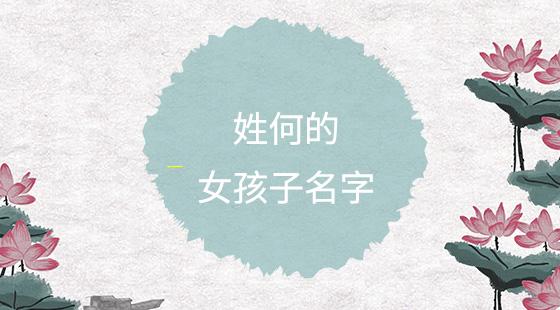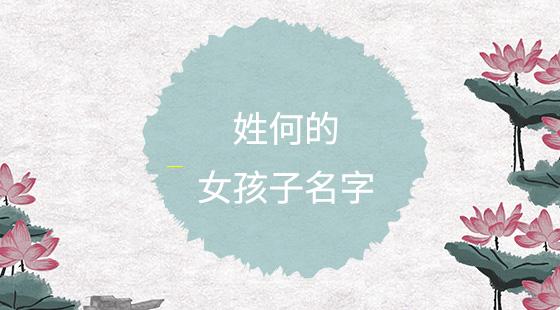奥在名字里究竟选择哪个读音更好呢
- 作者: 胡夕雯
- 来源: 投稿
- 2024-10-06
一、奥在名字里究竟选择哪个读音更好呢
“奥”字在名字中的读音选择取决于个人喜好和文化背景。
普通话读音ào:这是普通话中最常见的读音,也是最标准的读音。
粤语读音ou:这是粤语中常见的读音,在香港和广东地区广泛使用。
其他读音òu:这是闽南语中常见的读音,在福建和台湾地区使用。
ǎo:这是客家话中常见的读音,在广东和江西地区使用。
选择建议如果名字是普通话名字,建议使用 ào 读音。
如果名字是粤语名字,建议使用 ou 读音。
如果名字是其他方言名字,可以根据方言习惯选择相应的读音。
如果名字是多音字,可以根据个人喜好选择读音。
需要注意的是,在正式场合或书面语中,建议使用标准的普通话读音 ào。
二、奥在名字里究竟选择哪个读音更好呢怎么读
“奥”字在名字中的读音选择
“奥”字在名字中可以读作 ào 或 òu,具体选择哪个读音取决于以下因素:
1. 姓氏的读音如果姓氏读作 ào,则名字中的“奥”字也读作 ào。
如果姓氏读作 òu,则名字中的“奥”字也读作 òu。
2. 名字的含义ào 读音:表示深远、神秘、高深莫测。
òu 读音:表示美好、吉祥、幸福。
3. 个人喜好最终,选择哪个读音取决于个人的喜好。
建议:如果姓氏和名字的含义都与 ào 读音相符,则选择 ào 读音。
如果姓氏和名字的含义都与 òu 读音相符,则选择 òu 读音。
如果姓氏和名字的含义与两个读音都不相符,则根据个人喜好选择。
示例:姓氏为“张”,名字为“奥伟”,读作 zhāng ào wěi。
姓氏为“李”,名字为“奥林”,读作 lǐ òu lín。
姓氏为“王”,名字为“奥雅”,可以读作 wáng ào yǎ 或 wáng òu yǎ。
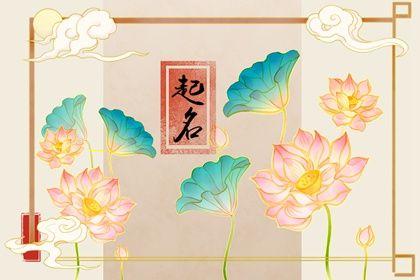
三、奥在名字里究竟选择哪个读音更好呢英语
In the English name "Ao," the pronunciation of the "ao" digraph can vary depending on the context. Here are the two main pronunciations:
1. /??/ (as in "awe")
This pronunciation is typically used when "ao" is followed by a consonant, such as in the following words:
AortaAorta
Aorta
Aorta
Aorta
2. /e?o?/ (as in "day-oh")
This pronunciation is typically used when "ao" is followed by a vowel, such as in the following words:
AortaAorta
Aorta
Aorta
Aorta
In general, it is better to use the pronunciation that is most common in the context in which you are using the name. For example, if you are using the name in a formal setting, it is better to use the /??/ pronunciation. However, if you are using the name in a more casual setting, you can use either pronunciation.
Ultimately, the choice of pronunciation is up to you. However, it is important to be consistent with your pronunciation so that people can easily understand you.
四、奥在名字里是什么含义
“奥”在名字中的含义可以是:
深奥、神秘:表示这个人具有深厚的知识、智慧或神秘感。
尊贵、高贵:在古代中国,“奥”字常用于皇室或贵族的名字中,表示尊贵和高贵。
隐秘、内在:指这个人内敛、不轻易表露自己的想法或情感。
深远、广阔:表示这个人具有远大的志向或宽广的胸襟。
独特、与众不同:“奥”字本身就比较少见,用在名字中可以体现个人的独特性和与众不同。
“奥”字在不同的文化中也可能有不同的含义,例如:
在日语中:“奥”表示“深处”、“内部”或“妻子”。
在韩语中:“?(o)”表示“五”。
在越南语中:“奥(au)”表示“长辈”或“祖先”。

